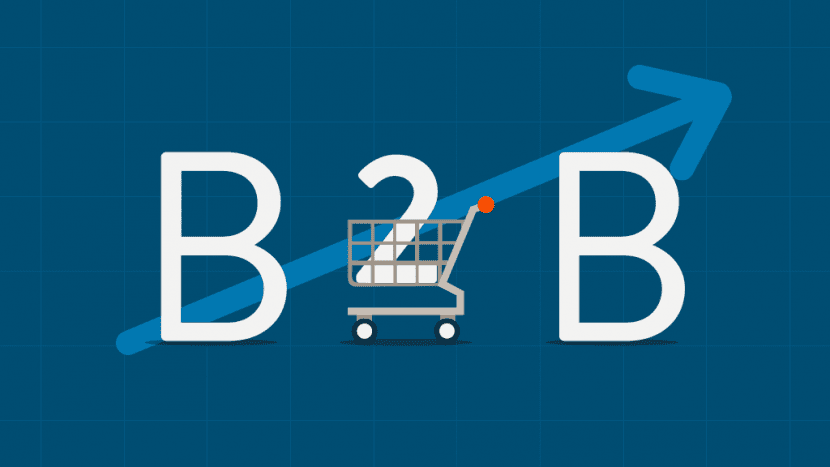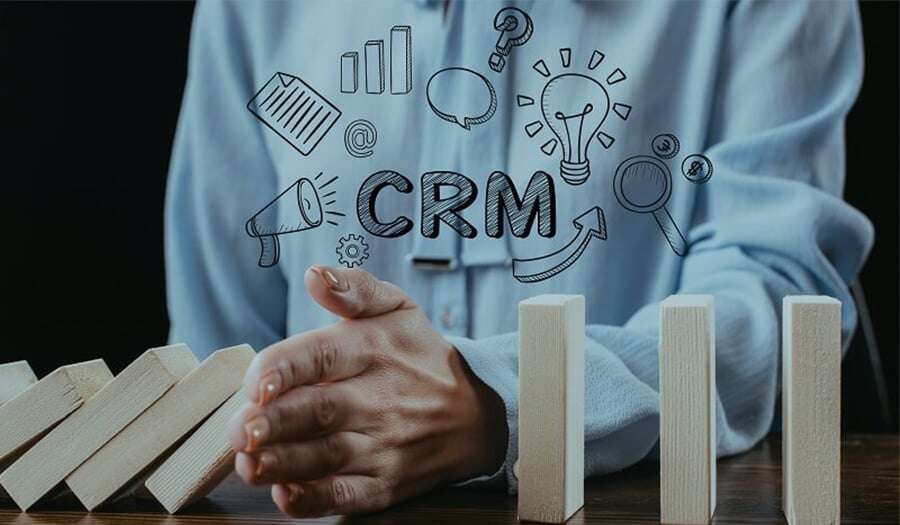Benefits of planning your marketing campaigns in HubSpot
How do you plan your marketing campaigns? Planning starts with defining a seasonal discount, a publication calendar, a brief and creative designs to...
By Role
By Industry
By Target Customer
What We Offer
We drive business growth by improving operational efficiency through process optimization, smart automation, and cost control. Our approach boosts productivity, reduces expenses, and increases profitability with scalable, sustainable solutions
Customer Experience
We design memorable, customer-centered experiences that drive loyalty, enhance support, and optimize every stage of the journey. From maturity frameworks and experience maps to loyalty programs, service design, and feedback analysis, we help brands deeply connect with users and grow sustainably.
Marketing & Sales
We drive marketing and sales strategies that combine technology, creativity, and analytics to accelerate growth. From value proposition design and AI-driven automation to inbound, ABM, and sales enablement strategies, we help businesses attract, convert, and retain customers effectively and profitably.
Pricing & Revenue
We optimize pricing and revenue through data-driven strategies and integrated planning. From profitability modeling and margin analysis to demand management and sales forecasting, we help maximize financial performance and business competitiveness.
Digital Transformation
We accelerate digital transformation by aligning strategy, processes and technology. From operating model definition and intelligent automation to CRM implementation, artificial intelligence and digital channels, we help organizations adapt, scale and lead in changing and competitive environments.
Operational Efficiency
We enhance operational efficiency through process optimization, intelligent automation, and cost control. From cost reduction strategies and process redesign to RPA and value analysis, we help businesses boost productivity, agility, and sustainable profitability.
Customer Experience
Marketing & Sales
Pricing & Revenue
Digital Transformation
Operational Efficiency
4 min read
Por Victor Esquivel | May 29, 2025
4 min read
Por Victor Esquivel | May 29, 2025
All companies have a common denominator, the challenge of how to sell more, clearly the holy grail of any commercial strategy.
It is clear that achieving increased sales or reaching the sales target is a great challenge under the traditional sales model is very difficult, as this depends on a "system" with a limited capacity, it is tied to the sellers, therefore, to their capacity and time, which in the best case is 6 days a week from 8am to 6pm, where therefore to increase that capacity requires more people, which represents an increase in costs.
Now, let's suppose that the company is willing to take the gamble of hiring more salespeople to try to meet the demand, even then we will not be able to provide the attention and experience that customers demand, among other reasons:
But then what can I do? you may ask...
From our experience after many years working alongside companies that seek to optimize their digital architectures and clearly with the challenges we have faced in the last year and a half, we have come up with what in our opinion is the ideal pair that will allow companies to achieve their goals of increasing sales, it is the ideal pair: eCommerce and CRM.
Next, we will describe the main characteristics of eCommerce, the challenges it brings, and finally we will talk about the ideal complement, CRM.
If your business is focused on the enterprise sector, it is clear that you need a B2B eCommerce platform.
Nowadays, businesses are trying to provide a digital experience like that of end consumers. So, if your business is focused on the enterprise sector, it is vital to have a B2B e-commerce platform.
Today, more than ever, it is necessary to adapt to new market demands, also in the business sector. You have probably seen the power of digital channels to generate new customers and build customer loyalty.
In recent years, the rise of mobility has led to a huge growth in B2B eCommerce. In fact, according to Forrester, B2B eCommerce transactions will exceed 15% of all B2B sales by the end of 2021 in the United States.
Therefore, this allows us to see that technology is becoming a crucial element to digitize any B2B business.
More revenue, lower costs.

B2B eCommerce has great advantages, it expands the channels for revenue and improves processes, which in turn helps to reduce costs. For example, you can carry out price segmentation and promotions autonomously and without having to rely on the IT department. In addition, you can integrate the back end (customers, orders, prices, stock, invoices, etc.). At the same time, different payment methods and logistics options can be enabled.
However, like everything else in life, this brings with it great challenges, among which we can highlight:
How to address these challenges?
Clearly, these challenges are not easy to solve, but it is vital to be able to do so if we want to have a successful commercial strategy and to achieve this, we need the ideal complement for eCommerce: a CRM.
The concept of CRM is customer relationship management, which goes beyond software or tools that allow us to record customer activity and information. We are talking about a model made up of several strategies that focus on getting to know your prospects and customers in detail.
The term CRM has become widespread due to the development of these software’s that facilitate the work. However, the essential concept is the ability to be able to manage the commercial strategy according to the characteristics of the client, so that we can maximize the profitability of the relationship with the business client.
After mentioning eCommerce and CRM, we must indicate that at platform level the best option is Adobe Commerce and as an ideal complement the best CRM is HubSpot, this because there is an integration between both platforms, which allows us to give traceability to all the management of eCommerce within the CRM, therefore, we will be able to solve the aforementioned remains, how?
Since the most important complement to eCommerce is CRM, it is vital to be able to evaluate CRM platforms to identify the one that best complements your commercial strategy, we invite you to download this CRMs evaluation.
Likewise, in case you want to evaluate eCommerce platforms, we invite you to use this platform evaluation.

How do you plan your marketing campaigns? Planning starts with defining a seasonal discount, a publication calendar, a brief and creative designs to...

Marketing and social media automation within a CRM enables businesses to optimize their strategies, enhance customer interactions, and improve...

A few days ago, a business owner gave me a call asking me if I knew any “cheap” crm software for his real estate business office. This company has 4...